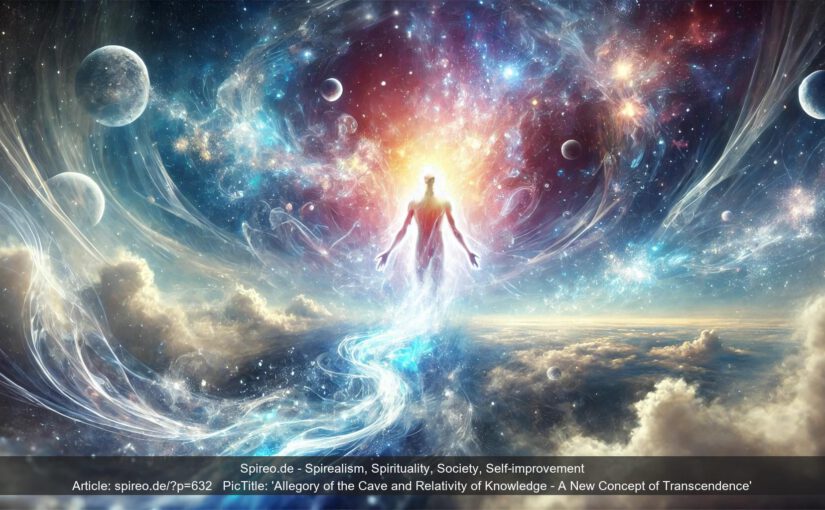Introduction: The Relativity of Knowledge
The idea of relativity in epistemology raises exciting questions: Is knowledge absolute, or does it depend on perspective? These thoughts, dating back to Einstein, open up a world of possibilities. In this article, we will delve deeper into the principles of knowledge to explore the role of societal beliefs, individual thought patterns, and the material universe.
One of Einstein’s famous statements—that the shortest distance between two points is not necessarily a straight line—illustrates the diversity of thought in different cultures. This is the core of the relativity of knowledge: truth and reality are often dependent on the frameworks we adopt.
How Societal Beliefs Shape Our Truths
Knowledge is not a static concept. It is significantly influenced by societal beliefs and cultural conditioning. A striking example of this is Plato’s famous Allegory of the Cave, which describes how individuals question their previous reality when confronted with new truths. The shadows on the wall, perceived as reality by the cave dwellers, are overshadowed by the outside world—an analogy for the constant expansion of our understanding.
In today’s world, we can observe how societal truths change over time. What was once considered indisputable may now be seen as naive. This demonstrates that truth is always in flux and shaped by the collective assumptions of a society.
Another example is the debate over whether the Earth is round or flat. Historically, the belief in a flat Earth was widespread. Only later did the modern understanding take hold. But what happens if we adopt different perspectives in the future? Such questions highlight the relativity of our knowledge.
The Seven Principles of Knowledge
Based on the philosophy of the relativity of knowledge, the following principles can be formulated:
1. Knowledge is relative and depends on the thought frameworks of a society or culture.
2. Societal beliefs shape the truths we take for granted.
3. The outcome of an experiment heavily depends on its setup.
4. Information does not exist independently but is always part of a network of meanings.
5. Matter is a product of thought and not the absolute foundation of reality.
6. Our perception of truth is influenced by cultural and societal contexts.
7. Knowledge is never final but a continuous process.
These principles help us understand the role of information worlds in our perception and expand our view of knowledge and truth.
A New Perspective on the World of Information
The modern philosophy of the information world challenges traditional materialism. While materialism assumes the world consists of fixed objects, the information world argues that everything we experience is a projection of our thoughts.
A practical example is the idea that the universe consists of thoughts rather than matter. In such a world, possibilities are limitless—knowledge can flow in different directions, and each culture or individual can create their own truth. The idea that a Pacific Island culture might believe the shortest distance between two points is a curved line shows how diverse perspectives can be.
Einstein himself suggested that truth does not have to take only one form. The realization that knowledge is relative opens doors to new possibilities. It invites us to look beyond our current assumptions and embrace reality in its infinite variety.
